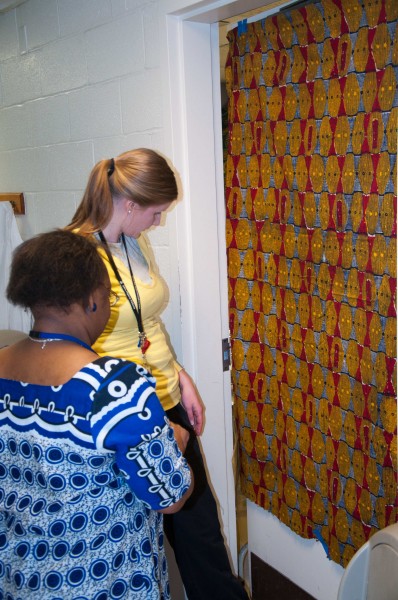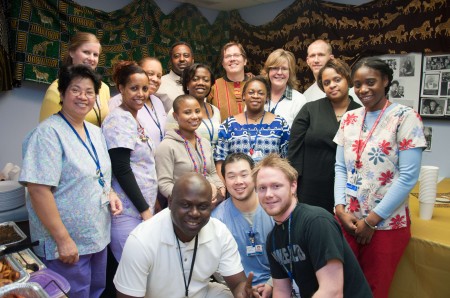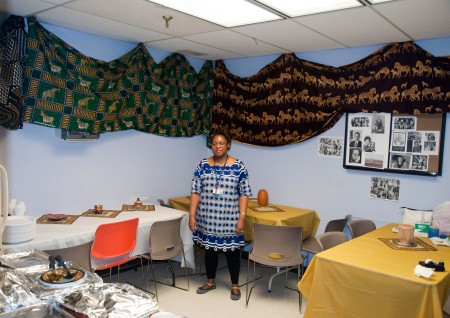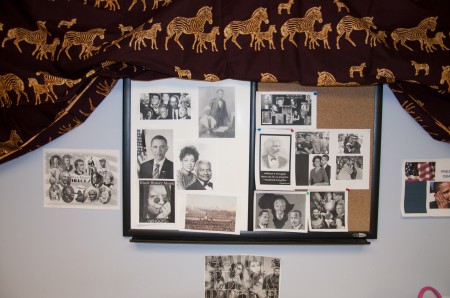Staff Members in Microbiology
Black History Month encompasses an entire population of people who possess a unique heritage. History has not always been kind to African Americans and, as with other minority groups, has left out important contributions made by its members.
Black History Month – also called African American History Month – began because of one man, Dr. Carter G. Woodson (December 19, 1875 – April 3, 1950). He found that history books lacked or made very little mention of the contributions of African Americans. In fact, the only African American mentioned was George Washington Carver. Dr. Woodson began extensive scholarly research to rewrite history and insert it into the relevant pages of historical texts. He founded the Association for the Study of Negro Life and History and, in 1926 Dr. Woodson initiated Negro History Week as way to highlight the accomplishments of black people in American History.
Initially, Black History Week was the second week in February to correlate with the birthdays of President Abraham Lincoln and abolitionist Frederick Douglass. In 1976, the Bicentennial of the United States, Congress designated the entire month of February as a time for celebrating Black History.
There has always been some controversy because some Americans believe that since Black History is a part of American History, trying to acknowledge and celebrate 200 years of history into one month is impossible. Many believe that Black History should be incorporated into American History where it belongs. Still others believe that Black History Month is a superb way to raise awareness and highlight the historical significance of black people such as Dr. Ben Carson, who has inspired everyday people by becoming a role model because of his vital contributions to medicine and the world. We also remember Dr. John DeGrasse, a great man and an outstanding physician. Also, the men and women of the United States Christian Commission should be recognized for their service and critical help in assisting surgeons in the battlefield. These are just a few of the many African Americans who have made a significant contribution to American History.
Focusing on history, culture, and acceptance of the contributions of African Americans in the United States is quite important. Learning about the history of the United States through slavery, freedom, and a changing people, helps all Americans understand the path African Americans have taken in the shaping of the United States of America.
On February 17, 2011, in appreciation of the great achievements of blacks in history, the Microbiology Department celebrated African American heritage with a luncheon. Staff members of African and African American descent prepared different African dishes and were joined by other staff members to celebrate the diversity of this rich culture. The occasion was very successful and was enjoyed by all who attended.
Jollof rice, collard greens, fried yucca, coconut rice, fish and chicken curries, palm butter stew with white rice, fried chicken, and boiled corn were prepared by Tanzanian, Nigerian, and Liberian lab staff. The decorations used were authentic African prints, wood carvings, and pictures of most prominent and influential African Americans.

Clara Lema and Jamie Prestridge
Clara Lema
CLS-3
Microbiology Laboratory




I salute you for taking the time to creatively celebrate African American heritage!